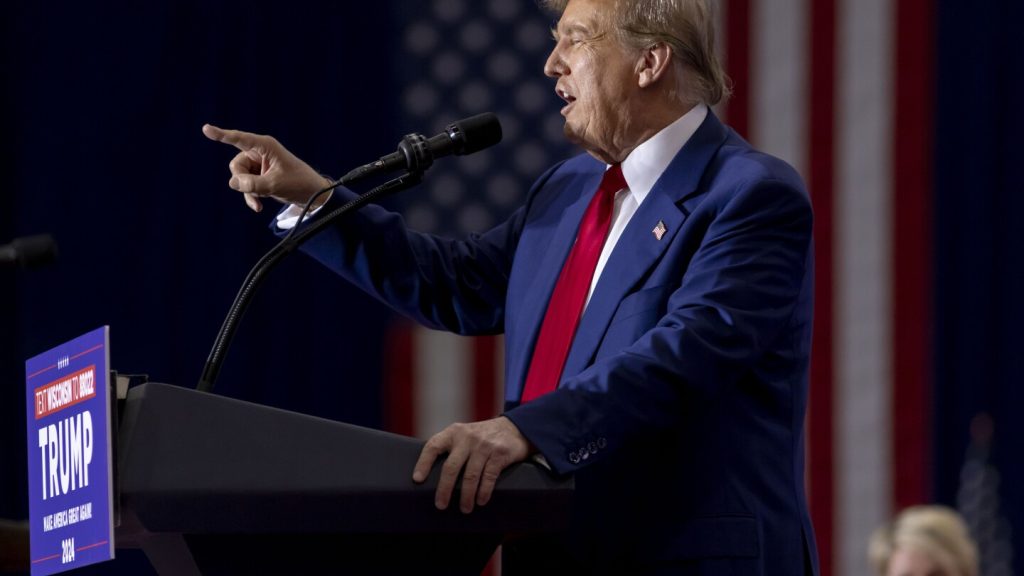Federal prosecutors in the classified documents case involving former President Donald Trump criticized the judge presiding over the case, accusing her of potentially basing jury instructions on a “fundamentally flawed legal premise.” Judge Aileen Cannon had asked for proposed jury instructions for the charges, prompting concerns from prosecutors. They argued that Trump was not entitled to retain the sensitive documents under the Presidential Records Act and that there was no evidence he designated them as personal.
Prosecutors stated that the highly classified documents in question were clearly not personal and challenged the notion that Trump had designated them as such. They emphasized that witnesses interviewed during the investigation did not support Trump’s argument that he had designated the records as personal under the Presidential Records Act. The prosecutors expressed frustration at the judge’s handling of the case, as she has yet to rule on defense motions to dismiss and other disagreements, leading to uncertainty about the trial date.
The judge had previously heard arguments on Trump’s motions to dismiss the case, particularly regarding the Presidential Records Act and the former president’s ability to retain certain documents. While the judge appeared skeptical of the defense argument, she asked both sides to craft jury instructions based on the premise that a president has sole authority under the Presidential Records Act to categorize records as personal or presidential. Prosecutors disagreed with this interpretation of the law, asserting that the distinction between personal and presidential records should not impact whether a former president’s possession of classified documents is authorized under the Espionage Act.
Trump, who is the presumptive Republican nominee for the 2024 presidential election, is facing multiple felony counts related to the mishandling of classified documents. The indictment alleges that Trump improperly shared classified Pentagon documents, including a “plan of attack” and a classified map related to a military operation. The Florida case is one of four criminal cases against the former president, who has maintained his innocence in all of them. The trial date remains uncertain, raising the possibility that the prosecution may not be resolved before the November election.
In response to the judge’s potential reliance on the Presidential Records Act in jury instructions, prosecutors urged her to reject the defense motion to dismiss the case. They argued that the law should not play a role in the trial, particularly concerning charges related to illegal retention of national defense information. The prosecutors emphasized the need for a swift resolution in the case, given the overwhelming evidence against Trump. The judge’s handling of the case has been a source of frustration for the prosecution team, as they seek to ensure a fair trial and uphold the rule of law in a politically charged environment.


